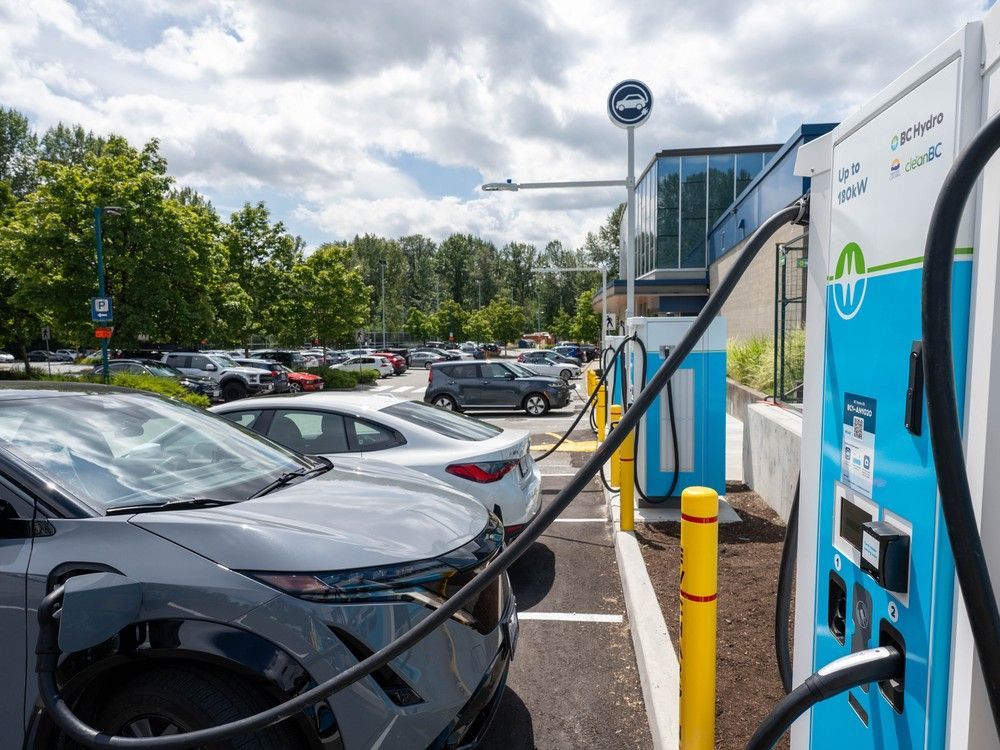The intersection of food production and climate change presents a critical challenge that demands urgent attention. In his new book, *We Are Eating the Earth*, Michael Grunwald explores how our current food system exacerbates climate emissions, contributing significantly to global warming. The agricultural sector, responsible for a staggering 30% of greenhouse gas emissions, is often overlooked in climate discussions. Grunwald argues that the relentless pursuit of cheap food leads to unsustainable practices, such as deforestation and overuse of fertilizers, which not only degrade the environment but also threaten food security. This systemic issue highlights the need for a comprehensive reevaluation of how we produce and consume food, as the consequences of inaction could be catastrophic for both the planet and humanity's future. Grunwald's analysis offers a pathway toward a more sustainable food system, emphasizing the importance of shifting towards regenerative agricultural practices that prioritize ecological health. He advocates for policies that incentivize sustainable farming, reduce food waste, and promote plant-based diets, which can significantly lower emissions. The implications of these changes extend beyond environmental benefits; they also encompass economic resilience and social equity. By addressing the root causes of food-related climate emissions, we can foster a system that not only nourishes people but also protects the planet. Grunwald's insights serve as a clarion call for stakeholders across the food supply chain to collaborate in transforming our broken food system into one that is sustainable and equitable.
Why our broken food system remains a climate disaster: ‘broiling the planet to stuff our faces’
By
Newsroom

Tags:
DISASTER-EMERGENCY
More in DISASTER-EMERGENCY
See all






